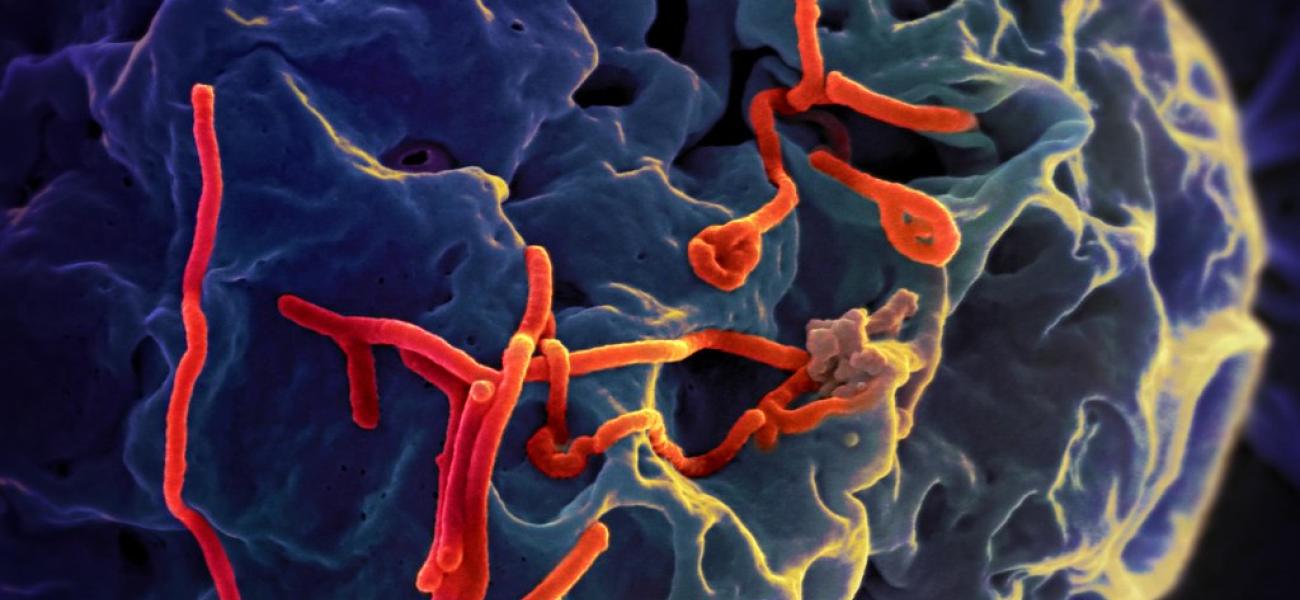
20 Years After 9/11: The 'Undestroyed Virus' of Terrorism
September 11, 2022
Andrei Kortunov
This is a summary of an article originally published in Russian in Izvestia and reprinted by the Russian International Affairs Council (RIAC) with the headline "The Undestroyed Virus."
The author writes:
- “We must admit that the war on terrorism has not ended in complete victory… Why has the goal set more than two decades ago not been achieved?”
- “First, the international community has failed to agree on a common understanding of the origins, driving forces and nature of terrorism.”
- “Second, any successful fight against terrorism requires a high level of trust between the interacting parties, if only because it, by definition, involves the exchange of more than sensitive confidential information.”
- “Third, international terrorism also does not stand still. It is constantly changing and evolving: It becomes more mobile, more sophisticated, more inventive.”
- “It is likely that we will all be lucky and there will be no second edition of … September 11, 2001, in the coming years. But a solution to the problem of terrorism comes into view only if humanity moves to a new level of global governance. Either the world's leading players have enough wisdom and energy for it, or the tax on our common civilization levied by international terrorism will steadily increase.”
Read the full article on the RIAC website.
This item is part of Russia Matters’ “Clues from Russian Views” series, in which we share what newsmakers in/from Russia are saying on Russia-related issues that impact key U.S. national interests so that RM readers can glean clues about their thinking.
Author
Andrei Kortunov
Andrei Kortunov is the general director of RIAC.
The opinions expressed herein are solely those of the author. Photo from NIH NIAID, shared under a CC BY 2.0 license.
Stay up to date!
Never miss a Russia Matters exclusive! By signing up for our media advisory, you'll be notified when new exclusives are published.
Sign up here!
Recent Analysis
CIA Director Burns on Ukraine: ‘We’re Running Out of Time to Help Them’
April 25, 2024
George W. Bush Presidential Center
Personnel Stagnation to Splinter Putin Elite With Battle of Lost Generations
April 19, 2024
Andrey Pertsev
Recent Posts
Mitter, Wishnick: Alignment, Not Alliance for Russia-China Relationship
April 18, 2024
Conor Cunningham
Polls Show Record Low Number of Russians Willing to Permanently Move Abroad
April 12, 2024
Simon Saradzhyan
Fiona Hill Delivers Insights on Russia's Perennial Role in Global Geopolitics
March 21, 2024
Conor Cunningham
How Much Would 0.25% of Ramstein Group Members’ GDP Really Raise for Ukraine?
March 07, 2024
Conor Cunningham and RM Staff

